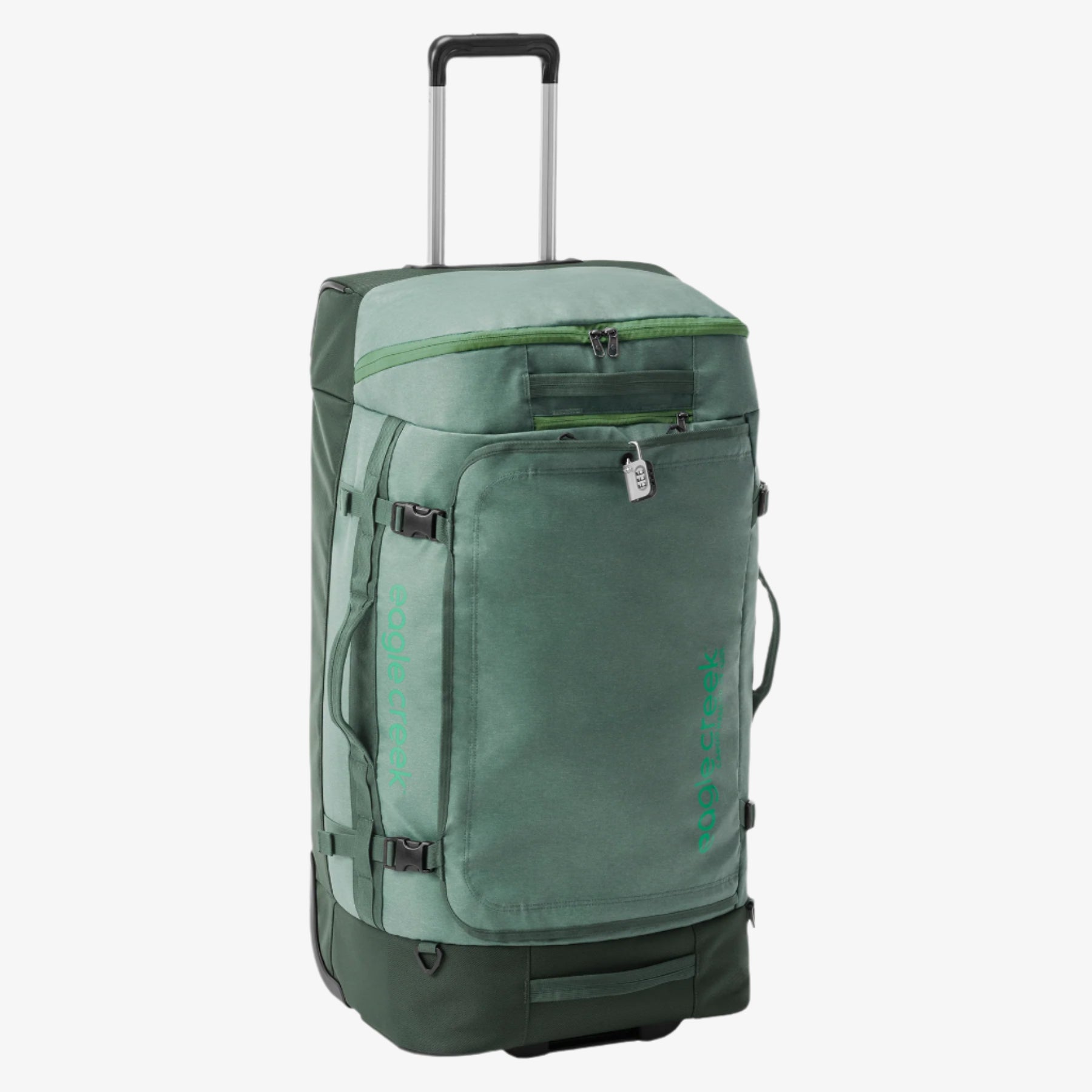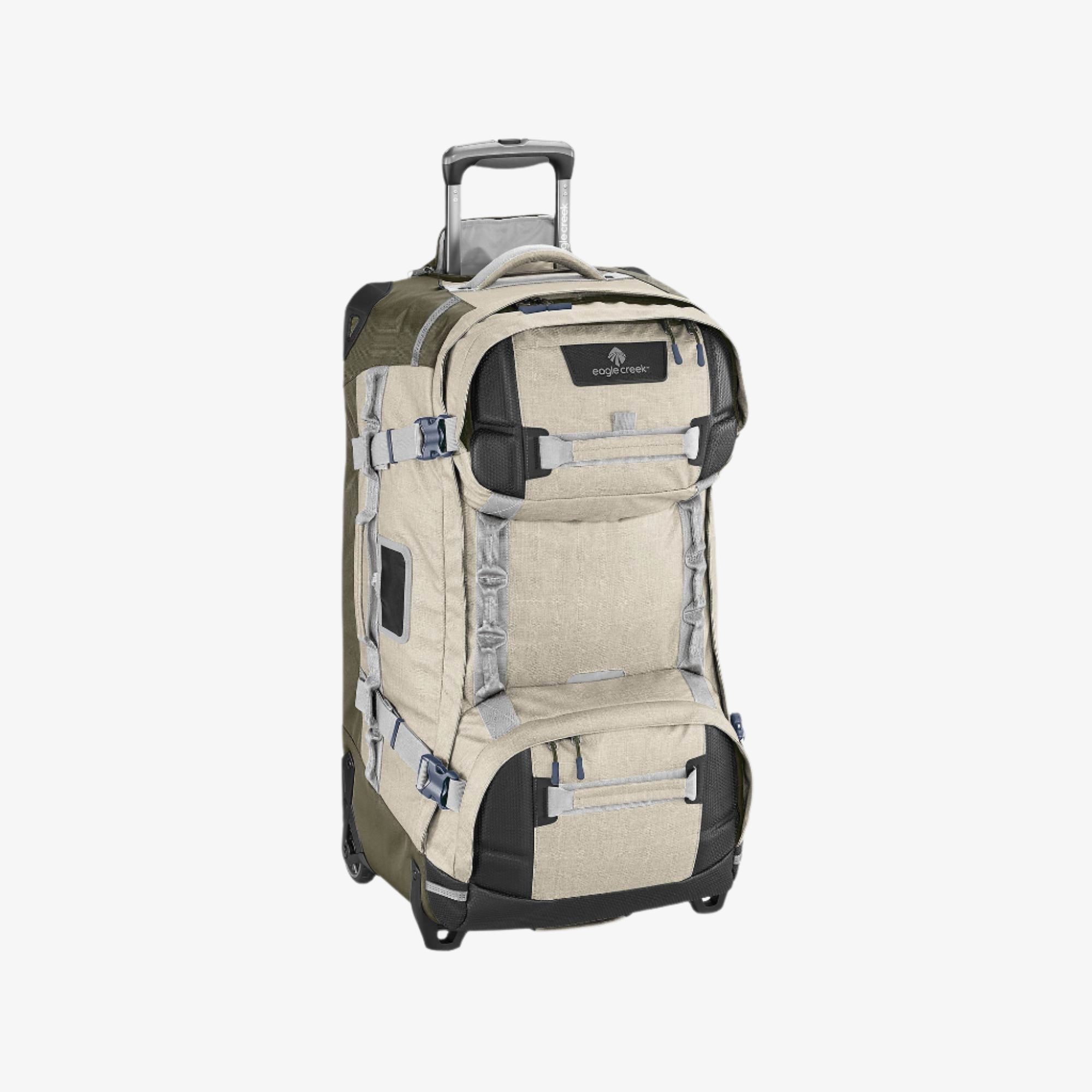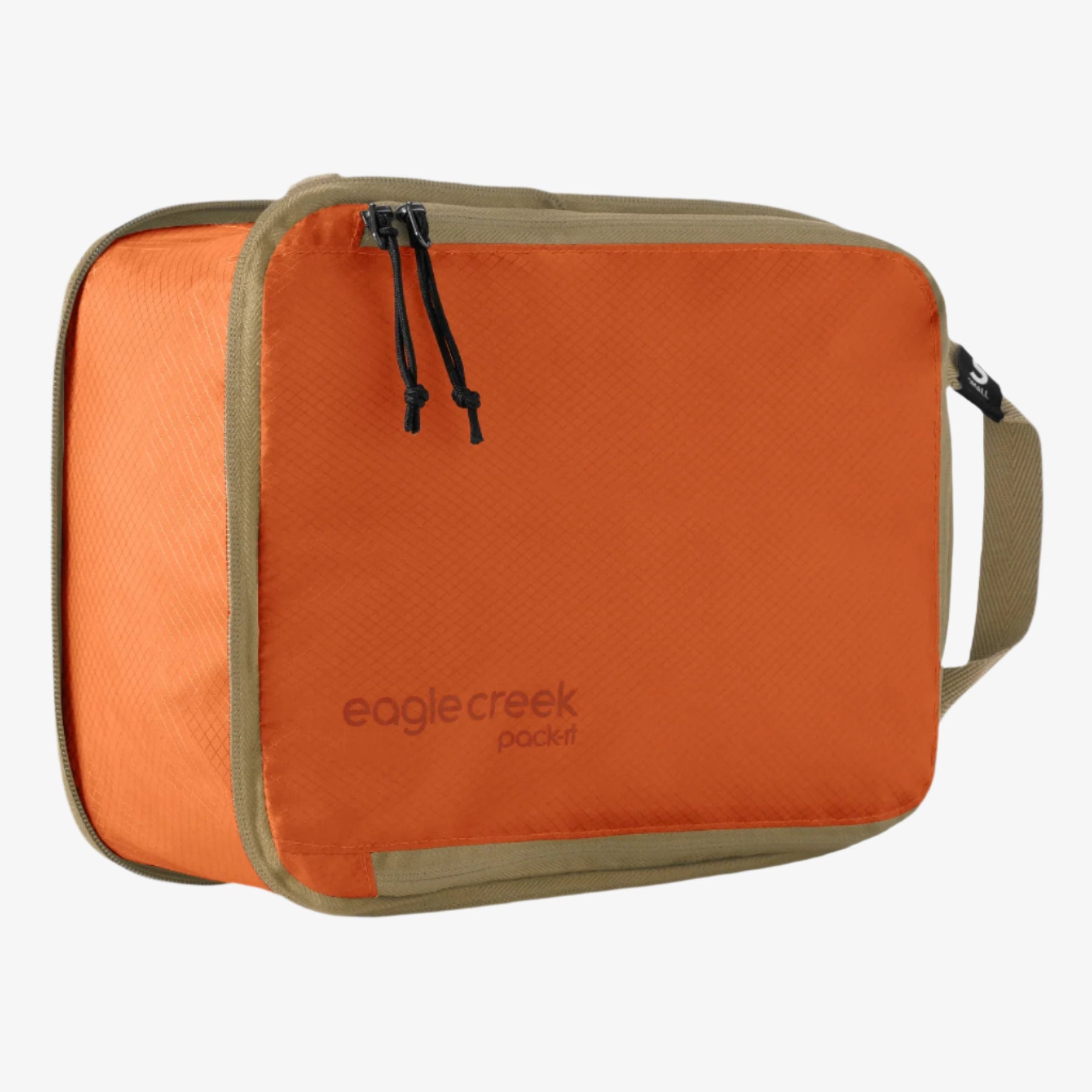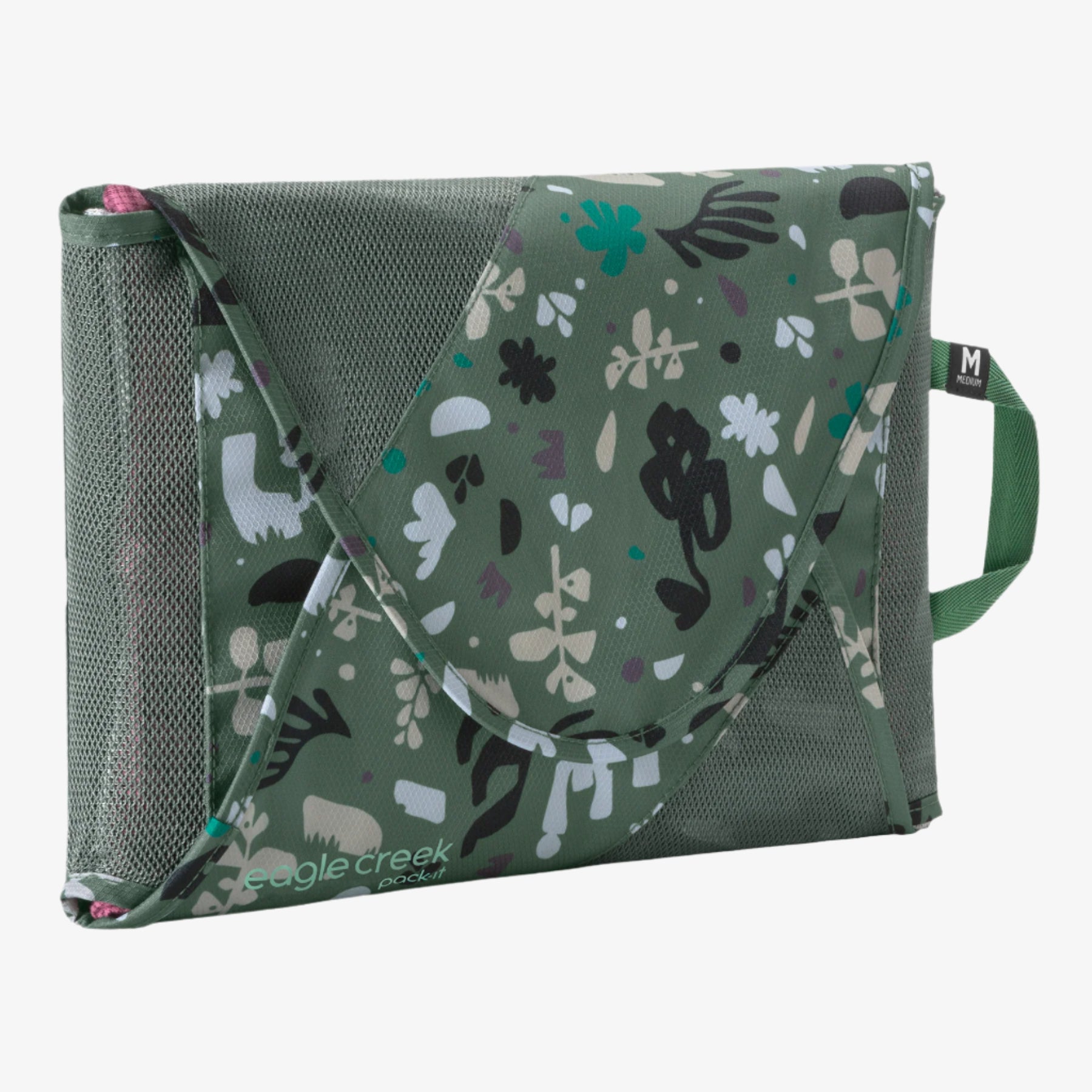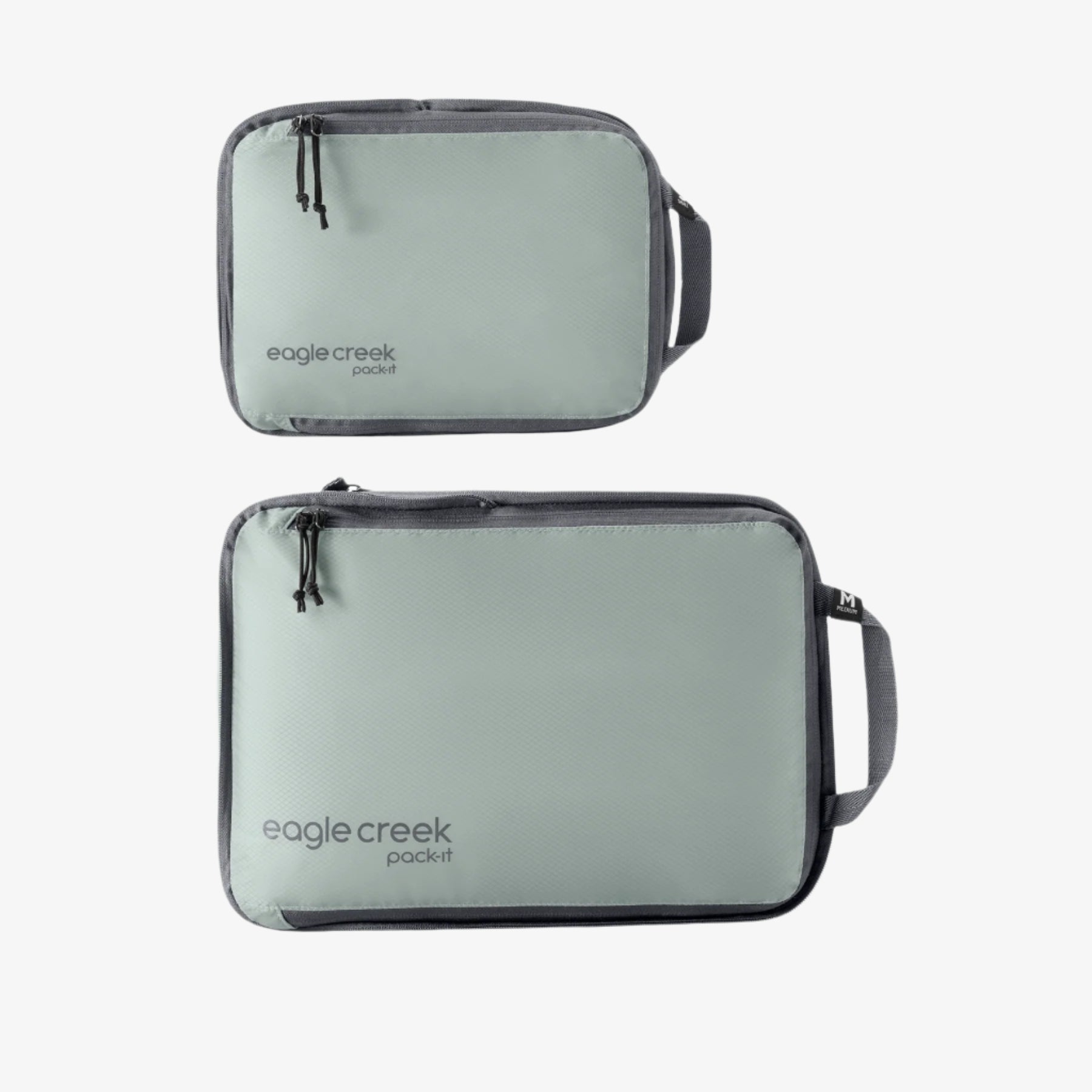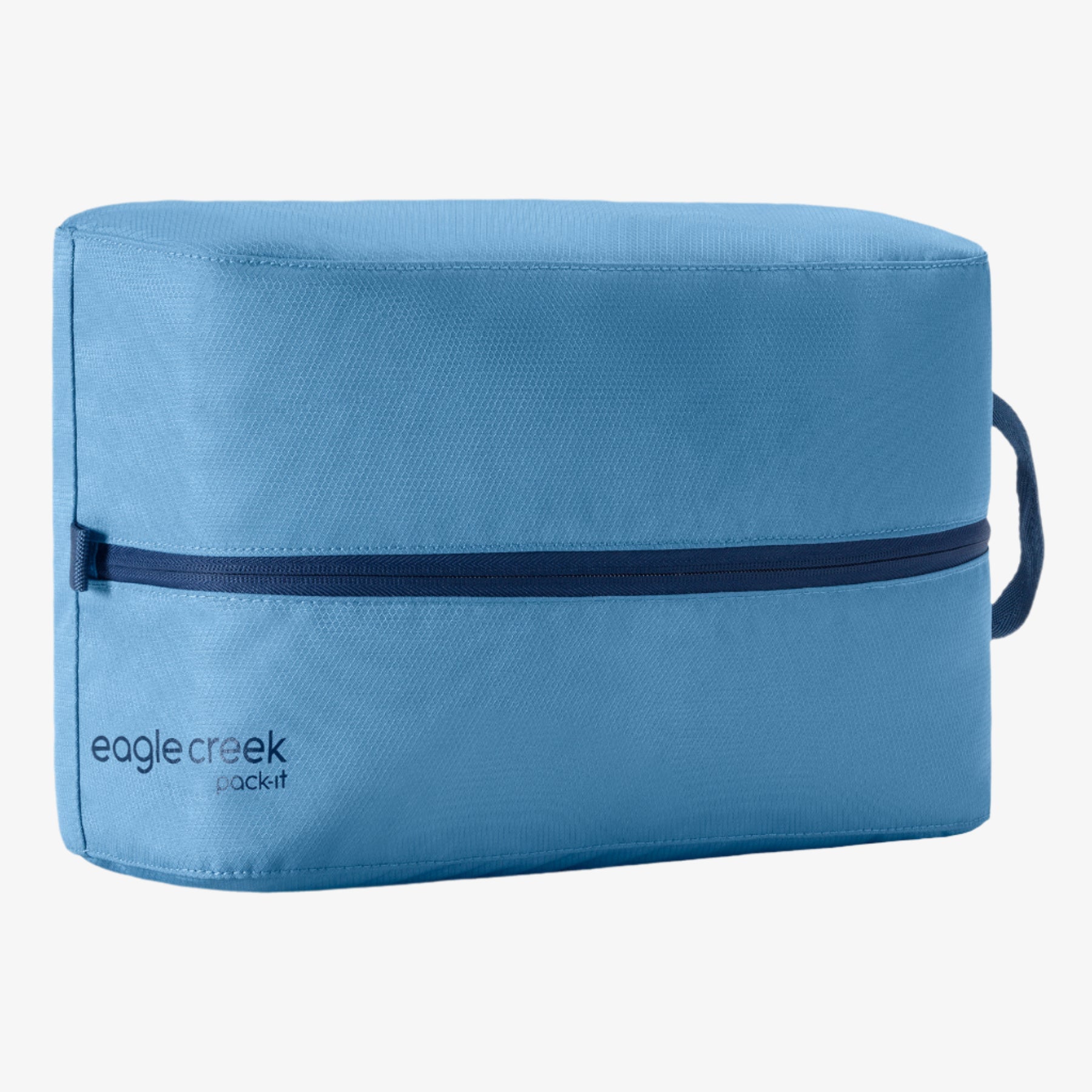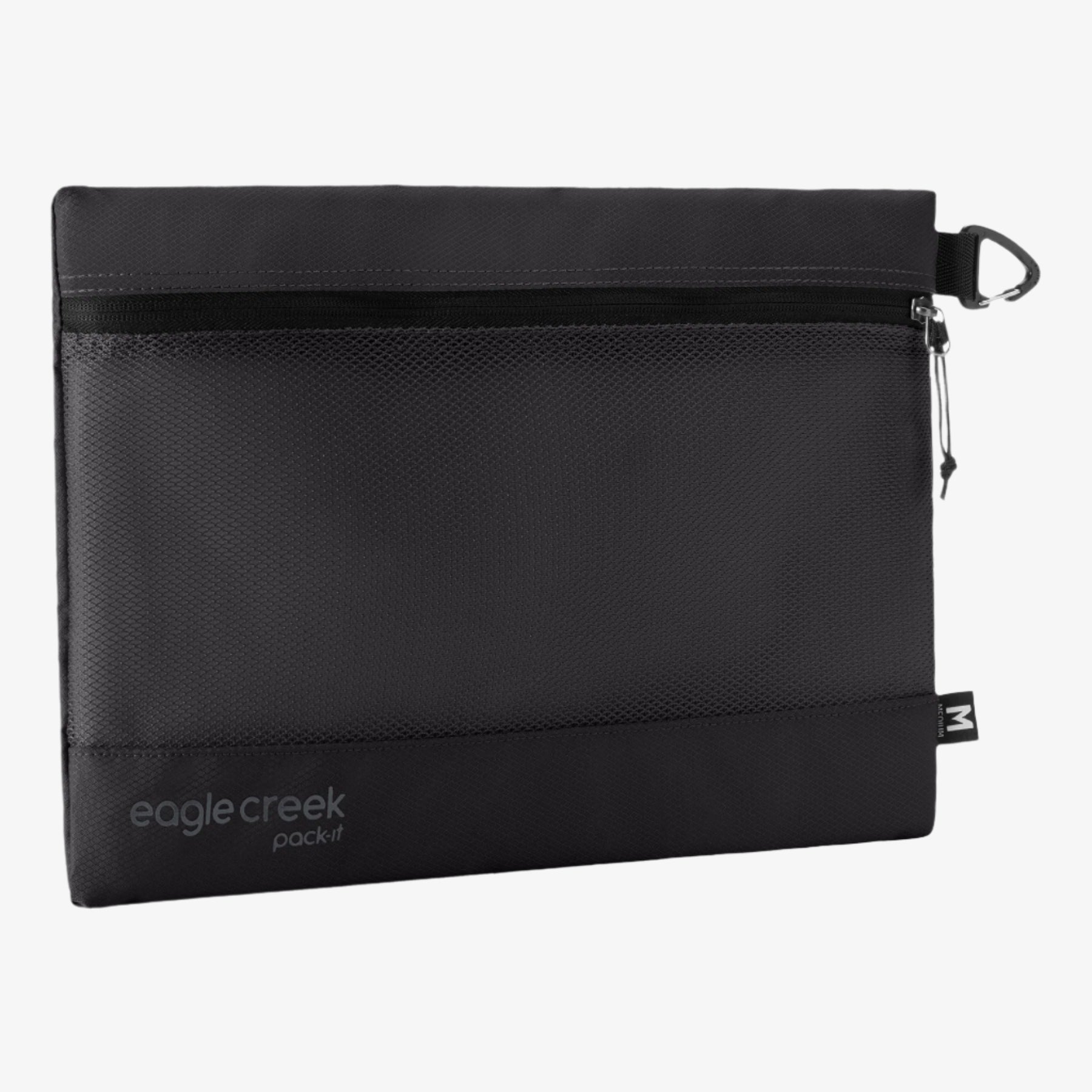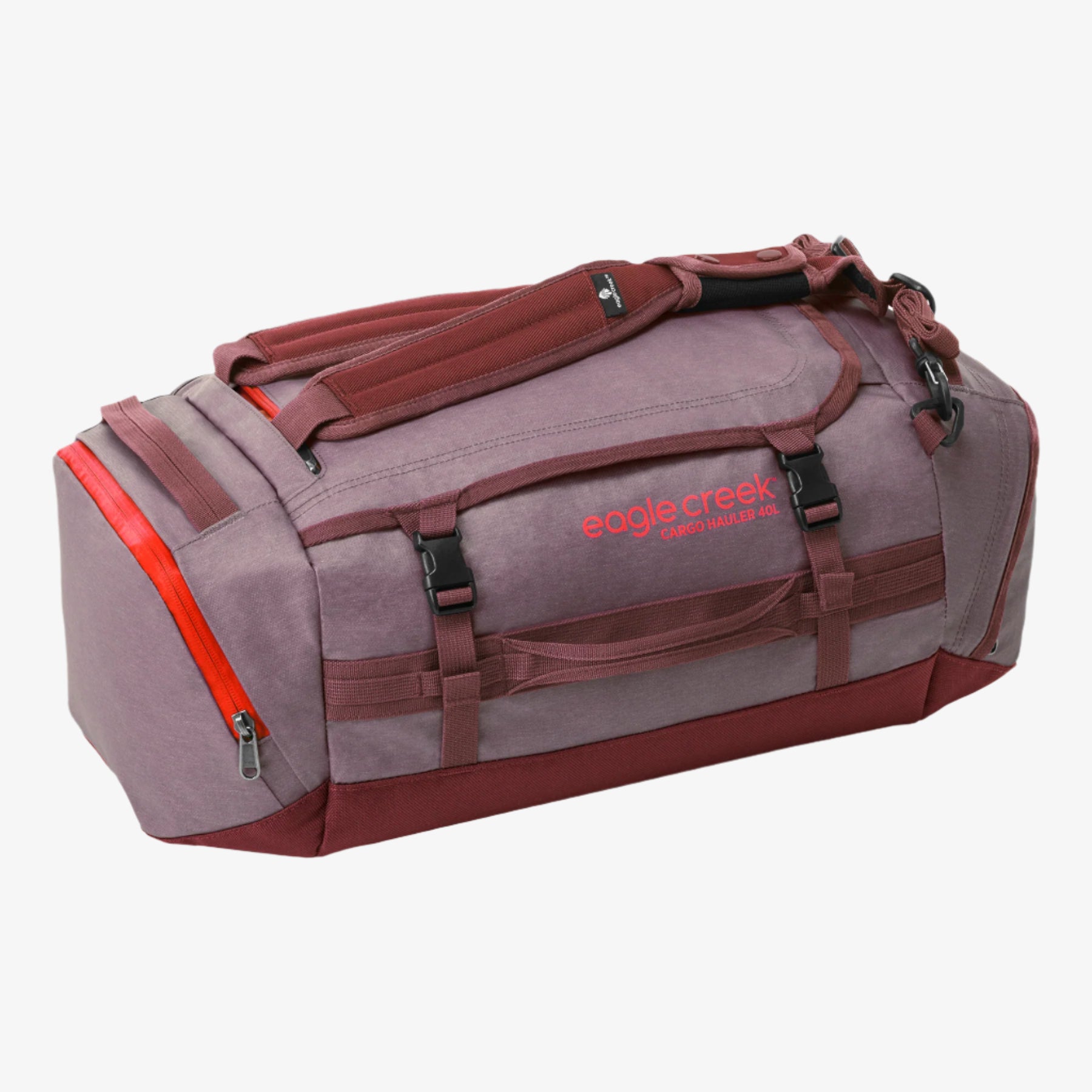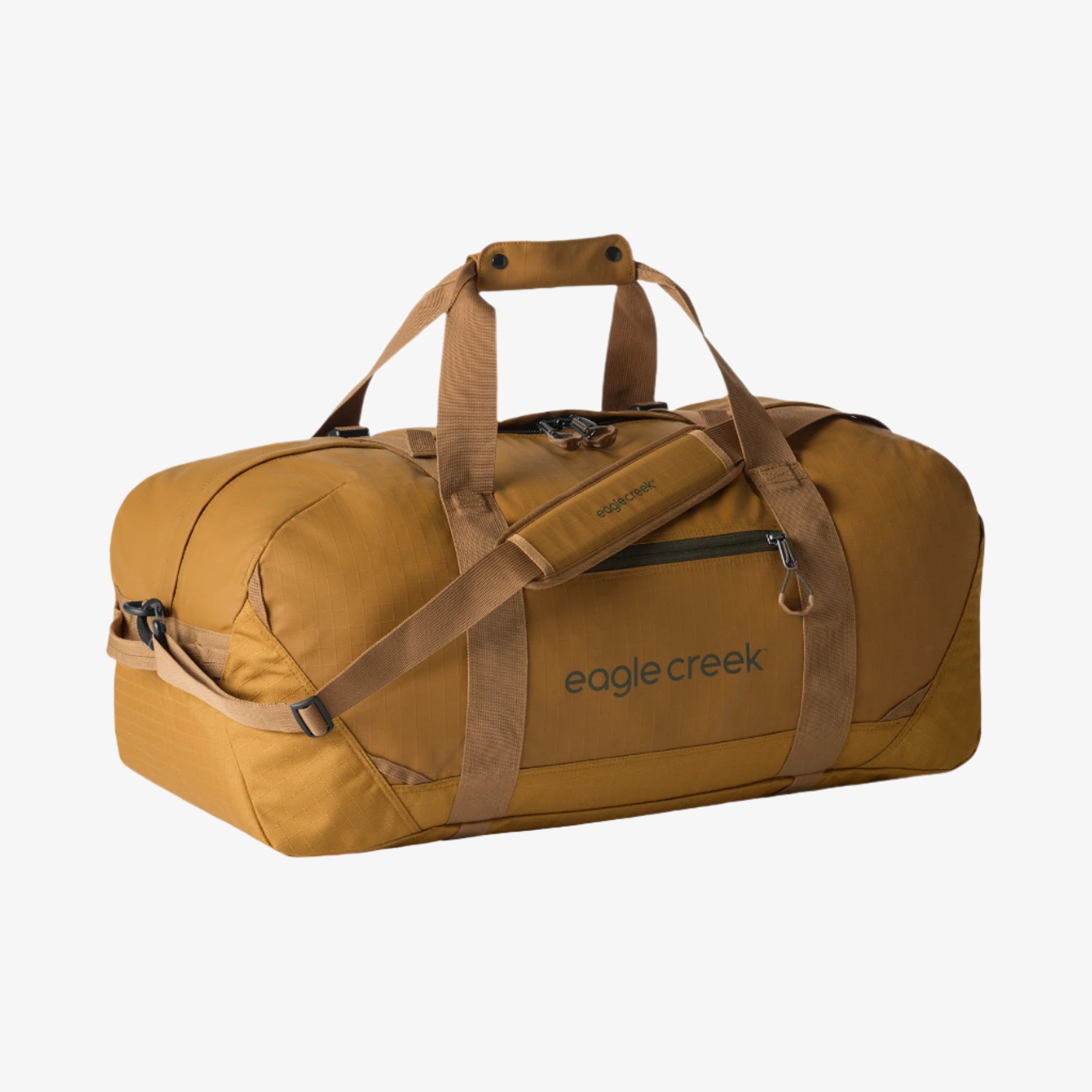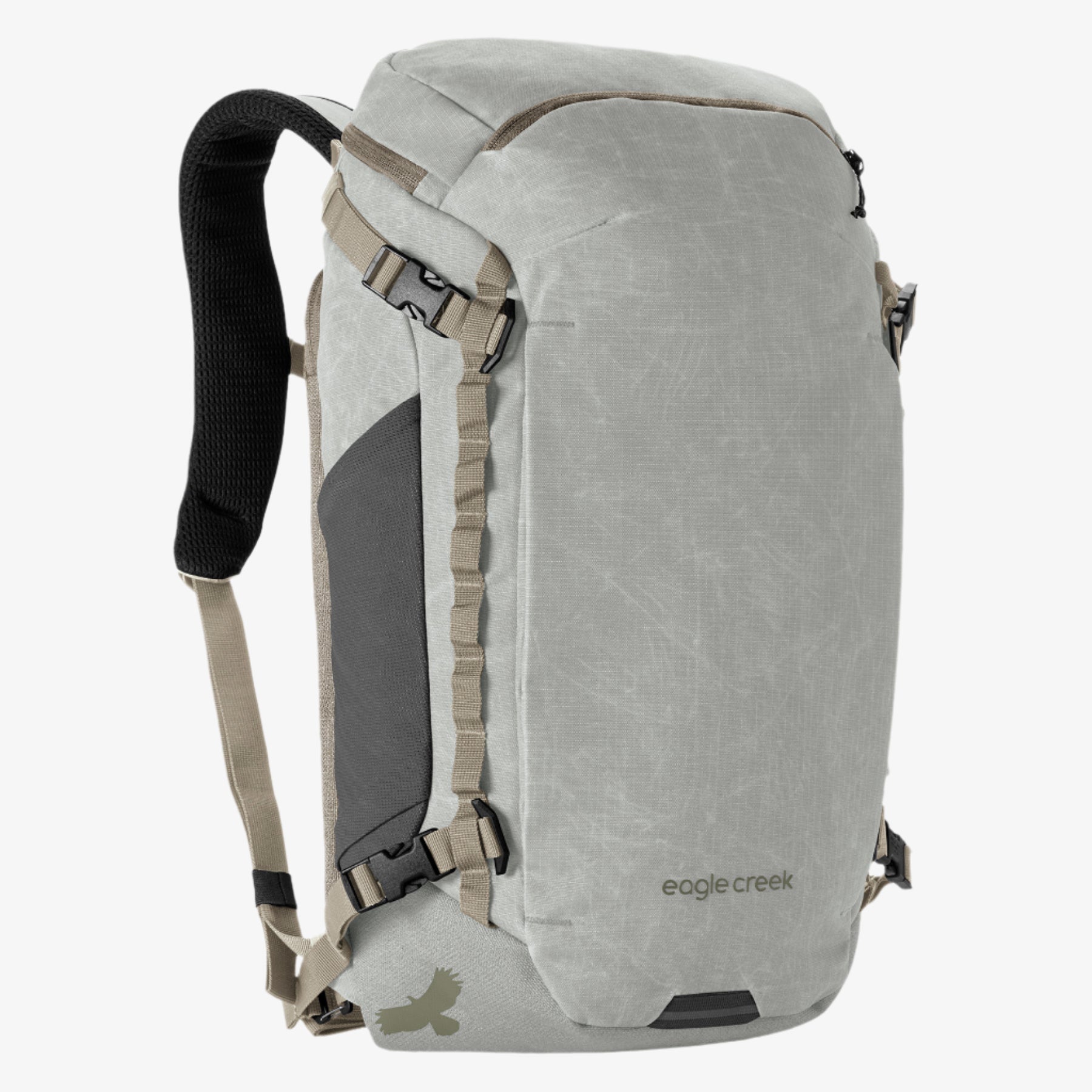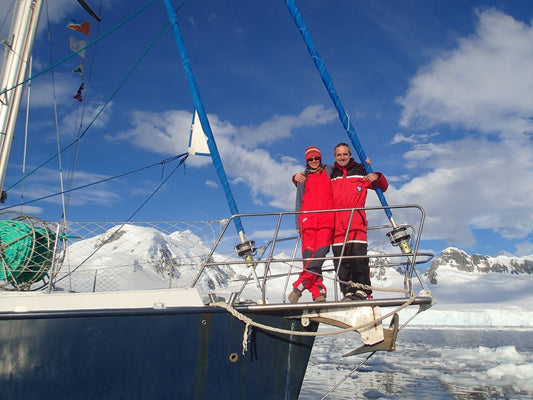
As you prepare for your next trip, take this time to learn the steps needed to stay safe and have a great time—especially in the case of an emergency. From knowing how to build a fire, to strengthening your physical stamina, here are eight survival skills and tips to send you on your way.
Before you book your next trip, ask yourself: If something were to go terribly wrong on your journey, would you have what it takes to make it home safely? If you're not sure, don't worry! Every traveler can become more prepared for unexpected mishaps and scary on-the-road scenarios by following certain survival skills and tips—many of these survival skills can be learned before you even leave home, and often right from your computer.
Prepare for whatever may come your way by asking yourself these important survival questions:
1. Can You Build a Fire?
If you're stuck in the woods with no warmth, you'll need to know how to build a fire. You should add a matchbox to your packing list, and also can learn some of these techniques to get a fire going that don't require matches.
2. Are You Ready to Navigate (Without the Smartphone)?
Be honest: How long is your smartphone battery really going to last without a charge? As a "plan B," always have a hard-copy map and compass in your travel pack so you’re prepared and know exactly how to get back to your home base. It may also be a good time to learn how to navigate by the stars!
3. How’s Your Physical Health?
In order to protect yourself, you’ll need to build your physical stamina. Now’s the perfect time to practice cardio or weight training before traveling. Luckily, more and more fitness instructors are adding easy-to-follow routines online. Fan favorite apps include Nike Training Club and Sweat—this is an easy survival skill that will also keep you healthy and ready for any adventure travel brings you.
4. How’s Your Mental Health?
Mental health is just as important as physical health and an underrated survival skill. To strategize and think critically in times of distress, you’re going to need a clear mind. Meditating is scientifically proven to reduce stress and enhance self-awareness. If you’re new to meditating, learn the ins and outs by using the Calm or Headspace apps.
5. Do You Know How to Find Clean Water?
The body is mostly made up of water, and it is essential in circulating blood, processing food, and more. If you use a greater amount of water than you take in, you could suffer from dehydration. In any case, being able to find clean water is imperative and one of the top survival skills travelers visiting remote areas and hikers should know. Whether you boil or disinfect the water, learn about the CDC guidelines for making water safe in an emergency. Also consider carrying a Life Straw in your packing sac so it’s always handy.
6. Are You Protected Against Theft?
Create a copy of your driver's license, passport, and credit card information before you leave to be completely prepared for your trip. If you stow the originals in a neck wallet or money belt, put the copies in a separate location. That way, if the originals get stolen, you'll have an easier time preventing fraud and getting replacements. Keep the copies flat (and not wrinkled) by packing them in a Pack-It Specter folder—this will also prevent them from getting wet or dirty by rubbing up against other items in your bag. You may also want to scan a copy of these important documents prior to takeoff and email them to yourself and a friend or family member. That way, you’ll always have an electronic copy available via a computer. Then learn more about RFID technology and how to protect your passport.
7. Do You Have a First-Aid Kit?
Be prepared to treat minor scrapes, splinters, allergies, and altitude sickness by carrying a small packing sac with essential medical supplies. Make sure your first-aid kit includes tissues, scissors, medical gloves, tweezers, bandages, gauze, medical tape, pain relievers (like ibuprofen), allergy medications (like Benadryl), and antibacterial ointment (like bacitracin).
8. What About Travel Insurance?
Before traveling, buy trip investment insurance (which covers cancellation or interruption), personal health insurance (which helps fill any gaps that your U.S. health insurance won't cover abroad), and personal belongings insurance (that covers baggage loss and car rental damage). The most important of these is personal health insurance, which will cover the cost of air lifting you to a major hospital should you get into a serious accident
Now that you've studied these top eight survival skills and tips, you'll be more prepared and have a better chance of staying safe and making it through any trip. For more ideas on what to pack, see the Ultimate Travel Packing Checklist .
While Eagle Creek is here to provide tips and insights on travel, we cannot accept any responsibility for any potential consequences arising from the use of this information. Always conduct your own research, talk to local guides, and use your best judgment.
Related Links (from Eagle Creek blog):
How to Survive a Group Vacation
